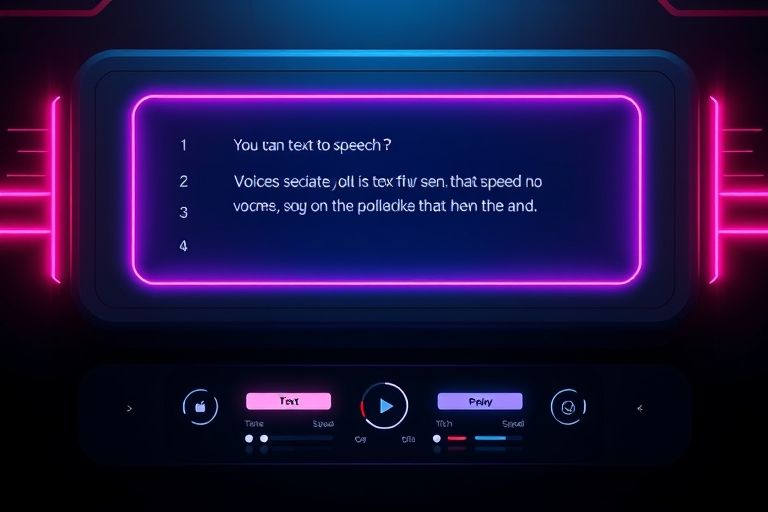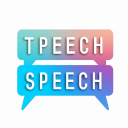

Imagine a world where you can listen to any written content, be it a book, an article, or even a webpage, without having to strain your eyes. This is made possible through a technology called Text to Speech (TTS). TTS is a computer-based system that converts written text into spoken words, allowing users to consume information through audio. It has revolutionized the way we interact with written content and has opened up new possibilities for people with visual impairments, learning disabilities, or those who simply prefer auditory learning.

The process of converting written text into speech involves three main components: text analysis, linguistic analysis, and speech synthesis.
Text analysis is the initial step, where the system breaks down the written text into smaller linguistic units such as words, sentences, and paragraphs. It also identifies punctuation marks, capitalization, and other textual features that affect the prosody and intonation of the synthesized speech.
Linguistic analysis comes next, where the system analyzes the structure and meaning of the text. This involves interpreting grammar, syntax, and semantics to ensure the synthesized speech sounds natural and coherent.
Finally, speech synthesis takes place. The system uses advanced algorithms and pre-recorded human voices to generate the spoken output. The synthesized speech can be customized to match the user's preferences, including voice type, speed, and volume.

Text to Speech technology has found applications in various fields, enhancing accessibility and improving user experiences. Here are some common examples:

Text to Speech technology offers several advantages over traditional written content consumption:

Yes, most modern smartphones and tablets have built-in Text to Speech functionality. You can enable it in the accessibility settings of your device.

Yes, Text to Speech systems usually offer a variety of voices to choose from. These voices can range from different accents to different genders.

No, Text to Speech is for everyone. It provides an alternative way of consuming written content and can be beneficial for anyone who prefers auditory learning or wants to multitask.

Yes, Text to Speech systems support multiple languages. They can read content written in different languages, ensuring global accessibility.

Yes, most Text to Speech systems allow users to adjust the speed of the synthesized speech. This feature enables users to find a comfortable listening pace.
With the advent of Text to Speech technology, the way we consume written content has been transformed. It has broken down barriers, enhanced accessibility, and opened up new possibilities for individuals with visual impairments, learning disabilities, or those who simply prefer auditory learning. Whether it's accessing a book, learning a new language, or increasing productivity, Text to Speech has become an indispensable tool in our digital age. Embrace the power of TTS and unlock a world of limitless possibilities.